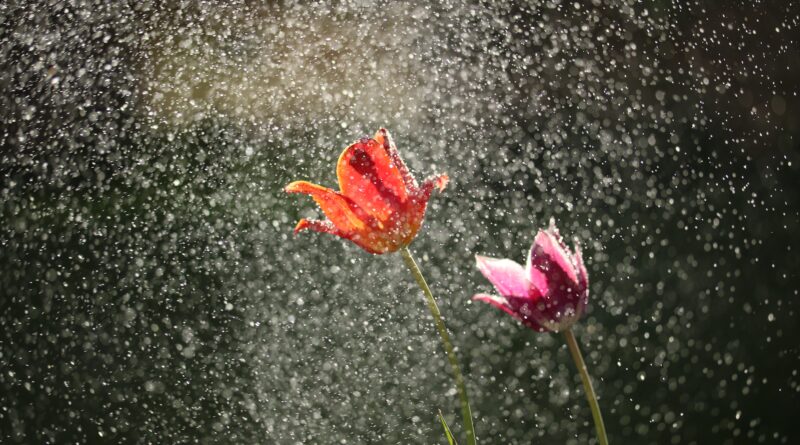Kitsune-no-yomeiri (Fox Wedding)
Yesterday, I introduced the phrase “kitsune-no-yomeiri (fox’s wedding),” which means a rain when the sun is shining.
狐の嫁入り
Today, I will talk about this phrase.
昨日は、晴れているのに降る雨を意味する「狐の嫁入り」という言葉を紹介しました。
Originally, the “kitsune-no-yomeiri” expresses a weird traditional event in Japan.
今日は、この言葉の語源について話します。
In this event, we visit a mountain and make a lantern procession in the night.
「狐の嫁入り」は元々、日本の風変わりな伝統行事を表す言葉です。
Since this scene looks like a Japanese traditional wedding by foxes, we call it “kitsune-no-yomeiri (fox’s wedding).”
この行事では、夜間に山間部で提灯行列を作ります。
Also, since a rain when the sun is shining is weird as with the fox’s wedding, we call the rain “kitsune-no-yomeiri” too.
この様子を狐の結婚式に例えて、「狐の嫁入り」と読んでいます。
I heard that some regions in several countries such as the UK and Brazil also refer the rain as “fox’s wedding.”
そして、晴れているのに雨が降ることを「狐の嫁入り」の妖しさに例えて、そのように呼んでいます。
By the way, other countries often refer the rain using other animals.
イギリスやブラジルなどでも、一部の地域で「fox wedding」と呼んでいるそうです。
For example, it’s called “monkey’s wedding” in Africa, and “mouse’s wedding” in Arab countries.
ちなみに、アフリカでは「猿の結婚式」、アラブでは「ネズミの嫁入り」など、動物を使って表現されることが多いようです。




